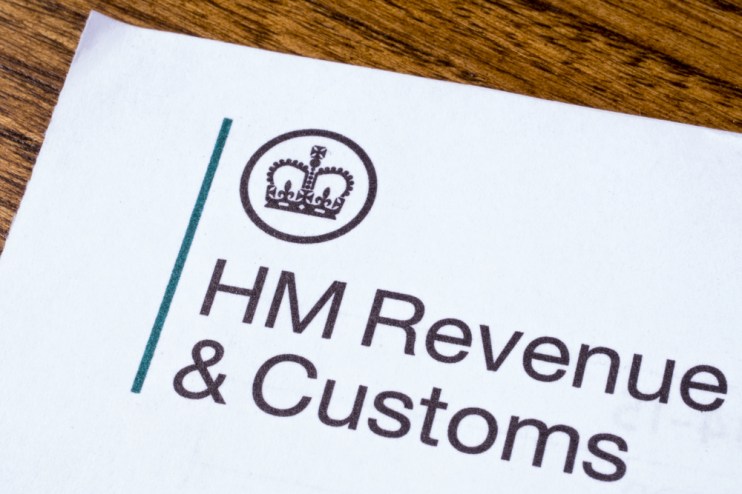HMRC splashes £12m on data analysts

HMRC has almost tripled its yearly spend on data analyst and data scientist roles over the past five years, according to official figures.
The data, retrieved via the Freedom of Information Act (FOI) and analysed by the Parliament Street think tank, revealed a large uptake in data analyst and data science staff year on year from 2017 to 2021, alongside the estimated expenditure on data staff wages.
Over the reporting period, HMRC’s estimated staff bill rose a staggering 192 per cent from £4,244,879 to £12,414,306 with the number of data staff increasing from 139 to 354.
Last year saw the largest surge with an additional 78 staff joining HMRC in data roles, resulting in an estimated staff bill rise of £3,339,317, coinciding with the fluctuating case numbers during the ongoing pandemic.
The upskilled data teams at HMRC mainly work to collect and clean data, create statistical models, and form visualisations to present the ‘story’ of the data in a meaningful way.
HMRC’s HR system only allows the recording of one profession for each staff member, and, as a result, they believe their figures are likely “an under representation” of the number of data analysts and data scientists.
Neil Parker, general manager EMEA at artificial intelligence specialist Laiye, said, “HMRC played a crucial role during the Covid-19 pandemic, providing businesses and individuals with around the clock advice and critical support schemes like furlough which helped many organisations stay afloat.
Parker continued, “As we emerge from the chaos of the Coronavirus outbreak, harnessing the power of artificial intelligence and data processes remains vital for developing and delivering first class public services. HMRC should be commended for boosting its data science capabilities – by bringing in specialist expertise it can simultaneously reduce overheads through automation and ensure staff are set free to concentrate on key customer services and delivery.”
Meanwhile Sridhar Iyengar, Managing Director, for Zoho Europe said, “Millions of terabytes of data are handled, collected and managed every day by organisations and individuals. Our business economy is increasingly built on analytics, intelligence and technology, and as a result, organisations are having to keep up with new trends, regulations and use cases in data handling if they want to maintain a competitive edge in a busy marketplace.
“Consumers are also becoming privy to how their own personal data is being captured, collected or used by websites and online services, thanks to numerous data misuse scandals reported which have come to light in recent years. Organisations therefore have a duty of responsibility to ensure they are able to control and handle sensitive data securely, and ensure it is protected against cyber attackers and other malicious parties.
Iyengar continued, “HMRC should be commended for recognising this obligation, and bolstering data spend, and other organisations across the public and private sector should be following suit. Said organisations should simultaneously be reinvesting in their services, ensuring that websites and eCommerce platforms, for example, are secure and completely transparent to customers about how their data is being used.”
An HMRC spokesperson told City A.M.: “Increased recruitment of data staff enables us to continually improve processes across HMRC, including compliance and our customer service activities – using data to inform robust decision-making that puts customers at the heart of everything we do.
“The contribution our data staff provide also feeds into our policy analysis and research, improves staff experience and productivity, and provides crucial support for other government departments and external organisations.”